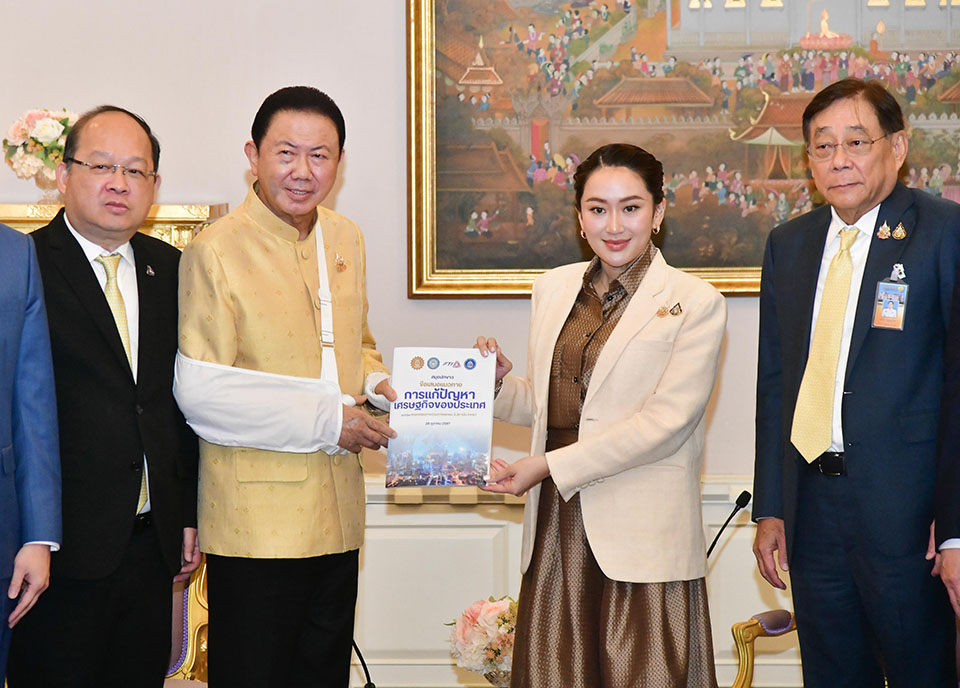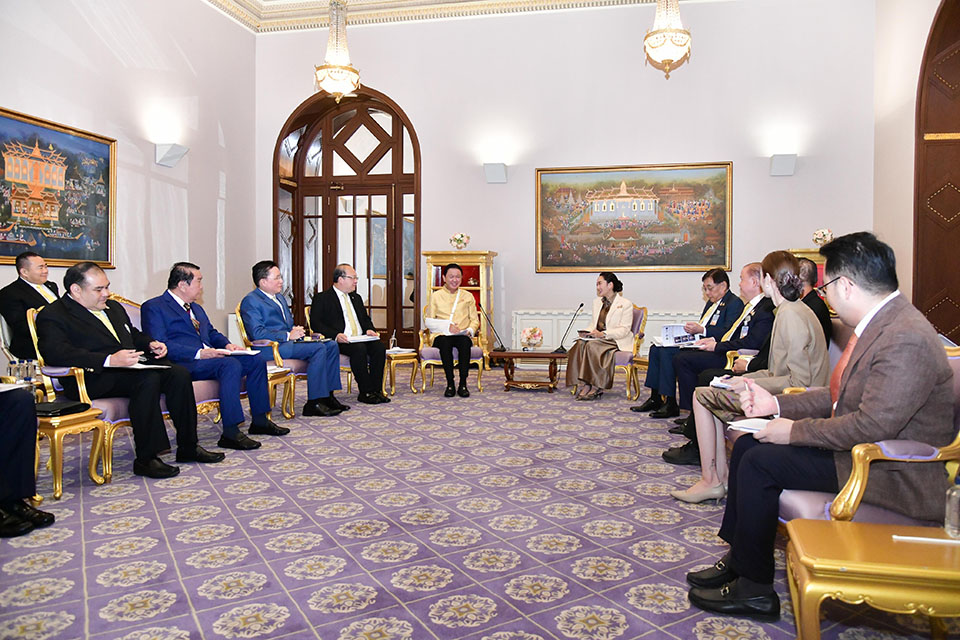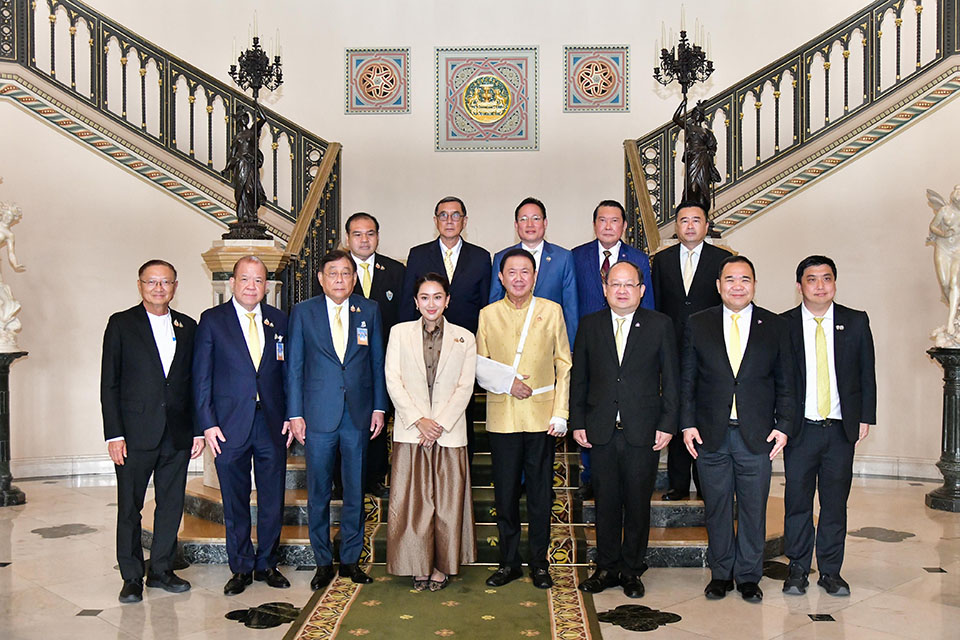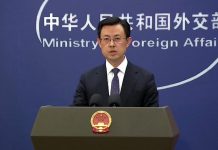
BANGKOK, Thailand – Prime Minister Paetongtarn Shinawatra met with the Joint Standing Committee on Commerce, Industry, and Banking (JSCCIB) at Government House to discuss the nation’s economic challenges, October 28.
The JSCCIB delegation, led by Chairman Sanan Angubolkul, presented a white paper outlining strategies to address Thailand’s economic growth issues. The meeting underscored the importance of collaboration between the government and private sectors to increase national revenue without relying solely on debt restructuring.
The Prime Minister expressed her optimism about working with the private sector, stating, “Thailand has faced challenges in its economic growth potential for over a decade, resulting in increased household debt. Addressing this issue requires more than just debt restructuring; it demands new revenue sources for sustainable growth. The private sector plays a vital role, and the government is ready to listen and support these collaborative efforts to create new opportunities and boost citizens’ confidence.”

The white paper proposed both immediate and long-term measures in four key areas: economic recovery, support for SMEs, water management, and enhancing national competitiveness. Immediate recommendations include reducing living costs and operational expenses for businesses, with targeted measures like price controls on essential goods, capping electricity and diesel prices, and raising minimum wages through a tri-party subcommittee.
Sanan emphasized the need for targeted and efficient economic stimulus. For example, relief initiatives could focus on vulnerable populations, while other groups could benefit from programs like a “spending multiplier” to encourage consumption. For high-income earners, suggestions included introducing “easy e-receipt” systems and tax incentives to increase spending without requiring substantial government funds.









